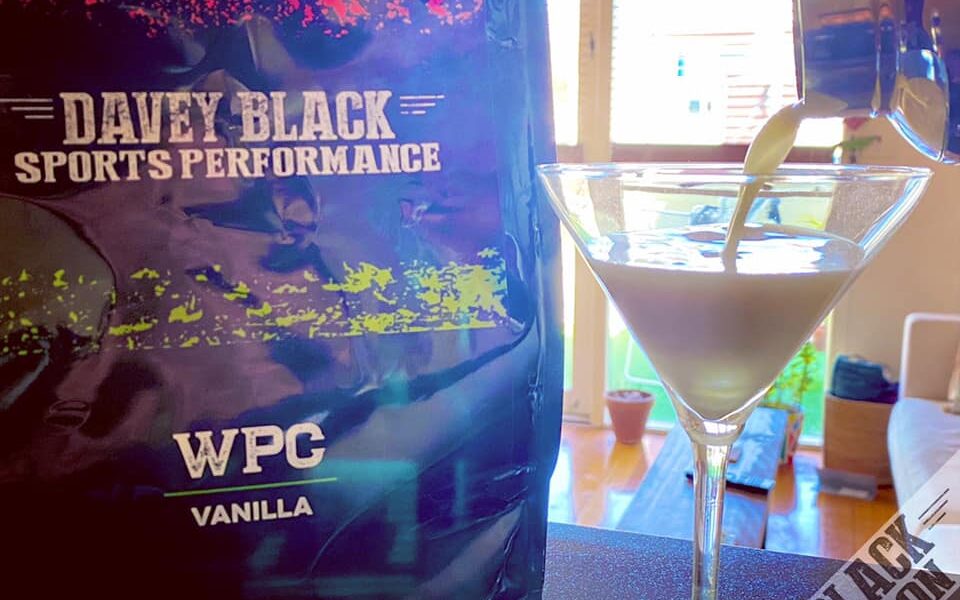Nutrition plays a crucial role in endurance events, such as marathons, triathlons, and long-distance cycling races. These events require significant amounts of energy, and proper nutrition is essential to maintain high levels of performance and prevent fatigue, injury, and other health issues.
Endurance athletes require a balanced diet that includes sufficient amounts of carbohydrates, protein, and fats. Carbohydrates are particularly important as they provide the body with the energy required for endurance events. The body stores carbohydrates in the form of glycogen, which can be quickly converted into glucose and used as fuel during exercise. A lack of carbohydrates in the diet can lead to reduced glycogen stores, which can cause fatigue and a decrease in performance.
In addition to carbohydrates, protein is also essential for endurance athletes. Protein is needed for the growth and repair of muscle tissue, which can become damaged during prolonged exercise. It also plays a role in the synthesis of hormones and enzymes that are important for energy production and metabolism. Athletes should aim to consume around two times more protein per day compared to a sedentary person, depending on their training intensity and goals.
Fats are also an important component of an endurance athlete’s diet. Fats are a source of energy and can be used as fuel during low-intensity exercise. They are also important for the absorption of fat-soluble vitamins, such as vitamin A, D, E, and K. However, athletes should be careful not to consume too much fat, as it can be difficult to digest and may lead to gastrointestinal issues during exercise.
Hydration is another critical aspect of nutrition in endurance events. Athletes should aim to consume sufficient amounts of fluids before, during, and after exercise to prevent dehydration. Dehydration can lead to a decrease in performance, as well as an increased risk of heat exhaustion and other health issues. Athletes should aim to consume around 500ml to 1 litre of fluid per hour during exercise, depending on their body weight, sweat rate, and environmental conditions.
Timing and type of food consumed are also important considerations for endurance athletes. Athletes should aim to consume a meal that is high in carbohydrates 2-3 hours before exercise to ensure that they have sufficient energy stores. They should also consume carbohydrates during exercise that lasts longer than 60 minutes, such as gels, sports drinks, or energy bars, to maintain glycogen stores and prevent fatigue. This process can be made very simple by having your own custom-blended nutrition solution designed to match your unique nutritional profile through the customisation of an Infinit Nutrition sports drink. Protein should be consumed after exercise to aid in muscle recovery and repair. The best time to replenish the body is within 30min-2hrs post exercise. The best thing you can do as an athlete is to bring a shaker of Davey Black Sports Performance recovery protein with you to a session, then just add water, shake and consume for immediate recovery benefits.
In addition to the macronutrients mentioned above, endurance athletes also require sufficient amounts of vitamins and minerals. Vitamins and minerals are essential for energy production, immune function, and bone health, among other functions. Athletes should aim to consume a balanced diet that includes a variety of fruits, vegetables, whole grains, and lean proteins to ensure that they receive adequate amounts of these nutrients.
In conclusion, nutrition plays a crucial role in endurance events. At Davey Black Triathlon Club Melbourne, we ensure that our athletes consume a balanced diet that includes sufficient amounts of carbohydrates, protein, and fats to provide the energy required for exercise and to aid in muscle recovery and repair. They must also remain hydrated and consume sufficient amounts of vitamins and minerals to maintain optimal health and performance. Proper nutrition can help prevent fatigue, injury, and other health issues, and can help athletes reach their full potential in endurance events.

